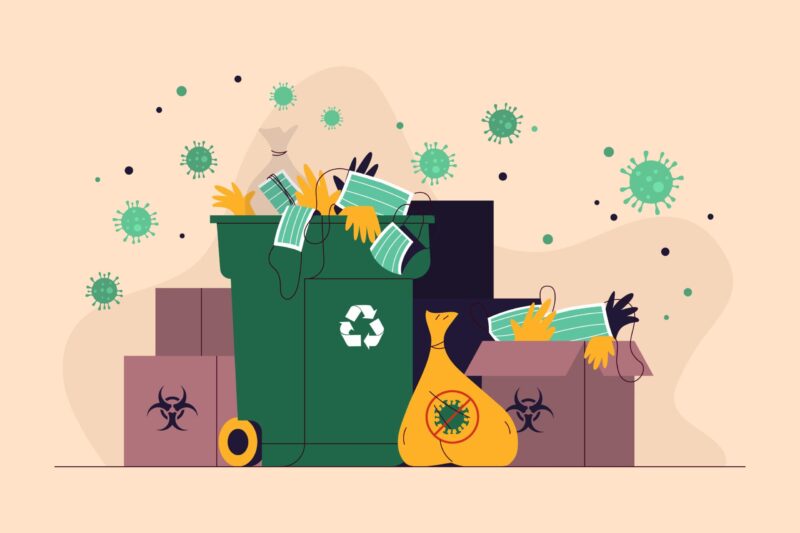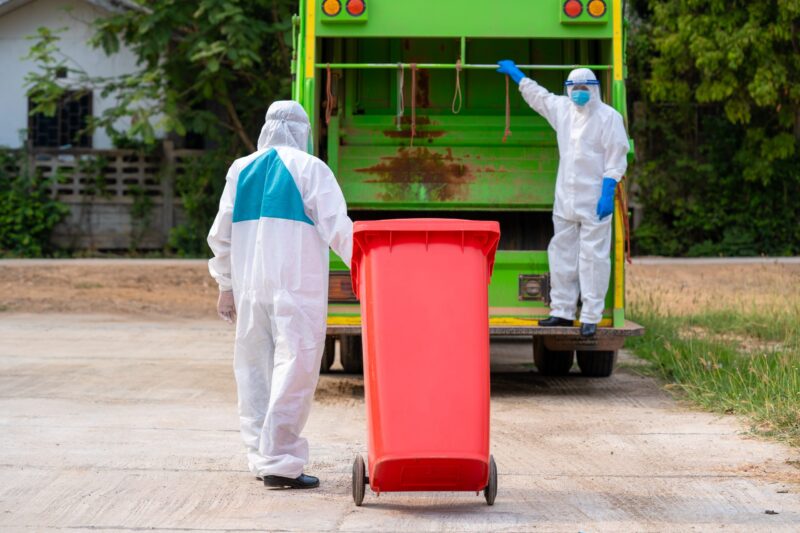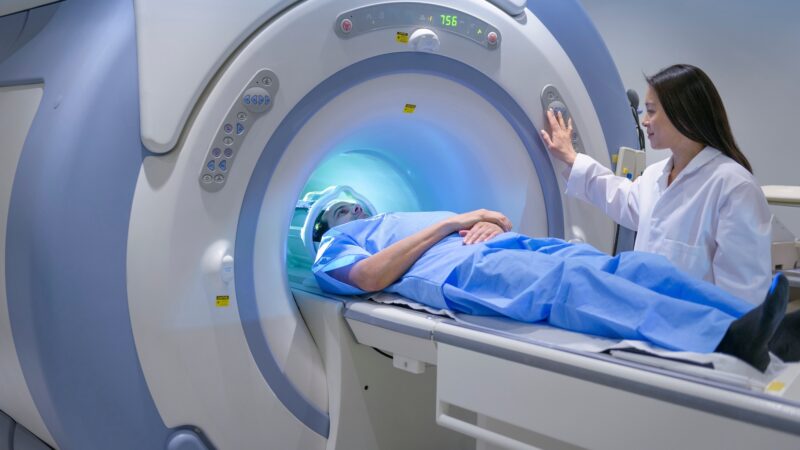Safe and Compliant Management: Pathological Waste Disposal in Virginia

Handling pathological waste requires a meticulous approach rooted in safety, regulatory compliance, and environmental responsibility. In Virginia, various firms have established themselves as reliable service providers in this niche sector. A pathological waste disposal company Virginia typically serves hospitals, research laboratories, veterinary clinics, and medical examiners by offering highly specialized solutions for the collection, transport, and final disposal of human and animal tissues, organs, and body parts.
Specialized Containment Solutions
Among the most indispensable components of pathological waste disposal is the utilization of rigorously engineered containment systems tailored to ensure the secure isolation and integrity of hazardous biological materials. Specialized containers are designed to withstand leaks, punctures, and contamination risks. These containers are often color-coded and clearly labeled to distinguish pathological waste from other medical waste categories, such as sharps or general biohazard materials. Companies ensure that the containment process adheres to OSHA and CDC guidelines, minimizing exposure risks to healthcare personnel and waste handlers. This initial step is vital to maintaining a secure chain of custody and preparing the waste for transport and treatment.
Regulatory-Compliant Disposal
Pathological waste falls under the jurisdiction of a comprehensive framework of both federal and state regulatory mandates. In Virginia, waste disposal companies must comply with standards set by the Environmental Protection Agency (EPA), the Occupational Safety and Health Administration (OSHA), and the Virginia Department of Environmental Quality (DEQ). These regulations govern the storage duration, transportation methods, treatment technologies, and final disposal protocols. Companies must also ensure that incineration or alternative treatment technologies meet emission and residue management standards. Failure to comply with these rules can result in legal penalties and public health risks, making compliance a core pillar of the disposal process.

Scheduled and On-Demand Pickups
To meet the operational needs of healthcare and research facilities, disposal companies offer flexible scheduling for waste collection. This includes both recurring pickups on a weekly or bi-weekly basis and on-demand services for emergency or high-volume situations. Timely pickups help mitigate the risks of odor, contamination, and non-compliance due to prolonged storage. Collection personnel undergo specialized training to handle pathological waste with utmost safety and discretion, thereby preserving the continuity and efficiency of the facility’s routine operations with minimal interruption. This flexibility allows organizations to manage their waste by fluctuating patient or project loads.
Cradle-to-Grave Tracking
Accountability and traceability are crucial in the waste disposal industry, particularly for sensitive materials such as pathological waste. Organizations implement cradle-to-grave tracking mechanisms that meticulously document and monitor the trajectory of pathological waste from the point of initial collection through to its ultimate treatment and final disposal. These systems often use barcodes, electronic manifests, and GPS tracking to provide a comprehensive audit trail. This transparency not only aids in regulatory reporting but also helps facilities maintain internal compliance records and respond to audits or inspections with confidence.
Environmentally Responsible Treatment
While public safety remains the primary concern, environmental responsibility is increasingly emphasized in waste management practices. Companies are adopting sustainable treatment methods that minimize ecological impact. Modern incineration facilities are equipped with advanced filtration systems to reduce air pollutants. Some companies also explore alternative treatment methods like alkaline hydrolysis, which uses less energy and produces fewer emissions. Waste residue is often processed further to ensure it poses no threat to soil or water systems. These environmentally conscious practices help align medical waste management with broader public health and sustainability goals.
Conclusion
Effective pathological waste management is essential to maintaining the safety, compliance, and operational efficiency of healthcare and research institutions. With services that span specialized containment, regulatory adherence, flexible collection, full-cycle tracking, and eco-friendly treatment, companies operating in this field play a vital role in public health. A pathological waste disposal company Virginia must not only meet stringent regulatory requirements but also adapt to the evolving demands of medical science and environmental stewardship.






